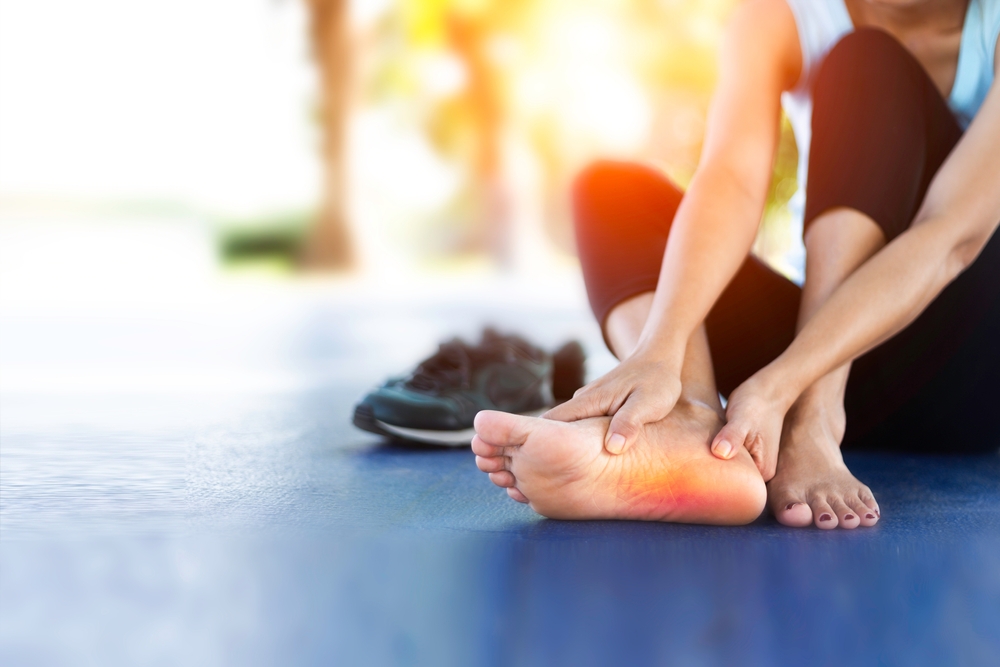
When foot pain strikes, everyday activities can quickly become a challenge. At Schneider Chiropractic, we often see patients struggling with foot, knee, or back pain that actually begins at ground level. One of the most effective solutions for many of these issues is the use of custom orthotics. Here’s how they work and how to know which type might be right for you.
What Are Orthotics?
Orthotics are custom-made or prefabricated shoe inserts designed to support, align, or improve the function of your feet. They can be made from a range of materials, from firm plastics to soft, flexible foams, depending on your specific needs and diagnosis.
Rigid Orthotics
Rigid orthotics, also known as functional orthotics, are typically constructed from firm materials like plastic or carbon fiber. These devices are designed to control motion in the two major foot joints below the ankle and are especially helpful for:
• Overpronation (excessive inward rolling of the foot)
• Supination (excessive outward rolling)
• Structural foot problems like flat feet or high arches
• Knee, hip, or lower back pain linked to improper alignment
By stabilizing the foot and correcting abnormal motion, rigid orthotics help redistribute pressure and align your lower limbs. This can reduce discomfort not only in your feet, but throughout your entire kinetic chain - from ankles to lower back.
Soft Orthotics
Soft orthotics, or accommodative orthotics, are crafted from flexible materials like foam or gel. They are primarily designed to provide cushioning, absorb shock, and relieve pressure on sensitive areas. Soft orthotics are commonly recommended for:
• Diabetes-related foot problems (reducing risk of ulcers)
• Arthritis
• Plantar fasciitis (heel pain)
• Corns, calluses, and other pressure points
These inserts help distribute weight more evenly across your foot, offering comfort and protecting vulnerable tissues. They’re especially helpful for individuals who spend a lot of time on their feet or suffer from painful foot conditions that require extra padding.
Which Type Is Right for You?
Choosing between rigid and soft orthotics depends on your specific foot structure, medical history, and symptoms. At Schneider Chiropractic, we conduct a thorough evaluation, including a gait analysis, to determine which type will best support your unique needs. If your primary concern is stability, alignment, or chronic joint pain, rigid orthotics may offer the correction you need. If you require comfort, cushioning, and protection for sensitive feet, soft orthotics may be the answer.
Take the Next Step Toward Foot Optimal Comfort
Orthotics are a valuable tool for addressing a wide range of foot problems, from structural issues to chronic pain conditions. Understanding the difference between rigid and soft orthotics can help you make informed decisions about your foot health and overall well-being.
If you’re experiencing foot, knee, or back pain, don’t wait for it to get worse. Schedule a consultation with Schneider Chiropractic to learn more about how custom orthotics could help you get back on your feet. Visit our office in Green Bay, Wisconsin, or call (920) 259-2700 to book an appointment today.








